Register for free and continue reading
Join our growing army of changemakers and get unlimited access to our premium content

Respondents represented organisations of all sizes and major sectors
edie’s green recovery survey, conducted online during August, provides a snapshot of how sustainable business leaders are planning to help their organisations recover from the economic and social impacts of Covid-19.
Building on edie’s coronavirus survey – which was conducted in the spring and asked respondents how the immediate impacts of lockdown were affecting roles and remits – this latest green recovery survey provided an update on the challenges and opportunities professionals have seen materialise in the past months. It also acts as an overview of attitudes towards – and UK business contributions to – the global green recovery movement.
In total, 244 sustainability, energy and CSR professionals responded to the survey, the vast majority of whom (212) were UK-based. In-house sustainability and environment managers were the best-represented demographic, with 145 representatives, while other job functions ranged from energy managers, consultants, health and safety and HR specialists.
The organisations represented by respondents spanned all major sectors, including manufacturing, the built environment, retail, utilities and finance. Just over 12% of respondents worked for SMEs employing 10 or fewer people, while 36% represent large companies with 5,000+ staff. As such, this survey represents a broad spectrum of businesses, with a weighting towards larger enterprises.
Here, edie rounds up all the key takeaways from the survey results.
1) Ambition to seize the opportunity of a green recovery is extremely strong…
More than half (54%) of respondents strongly agreed that creating an economic recovery from the pandemic presents an opportunity to increase green ambitions and accelerate actions at an unprecedented pace. A further 35% agreed with this sentiment.
This finding proves that, despite the multitude of financial, logistical and social challenges facing businesses at the moment, most are keen to move away from the “old normal”. There is a general feeling of motivation and optimism to pair recovery plans with green action, rather than siloing and de-prioritising sustainability at this time.
2) … And most organisations have already initiated green recovery plans
More than half (55%) of the organisations represented have already made a commitment to contribute to the green recovery movement in some shape or form. A further 13% are planning to take such action in the coming months. On top of this, 15% seem to still be weighing their options.
The biggest opportunities to create a green recovery are felt in the fields of setting net-zero targets (65 respondents), forging new partnerships (39 respondents) and accelerating green innovation (32 respondents). Moreover, one in ten respondents said their organisation was redefining its purpose.
3) The pandemic has impacted most sustainability, CSR and energy strategies
The above findings come despite challenges developing, implementing, continuing, or gaining buy-in for projects in recent months. Three-quarters of respondents said that the pandemic has had a moderate to severe impact on their organisation’s sustainability/CSR strategy. In comparison, just 5% said there had been no impact.
When asked to cite their biggest challenges with strategy development and implementation, the most selected answers were securing funding or boardroom buy-in (67 respondents), engagement or behaviour change initiatives (51 respondents) and supply chain disruption (28 respondents).
Energy management strategies, meanwhile, appear to have fared better. Almost half of respondents recorded no impact or a low impact in this field. A severe impact was felt by just 2% of respondents.
4) Professionals want policymakers to step up their ambitions
High levels of optimism and motivation also stand in contrast to current perceptions of policy support – three-quarters of respondents do not believe that the UK Government’s response to the pandemic to date could be considered “green”. Almost one in ten cited a lack of policy support as their biggest challenge.
The general feeling is that Boris Johnson’s vow to “build, build, build” does not, in and of itself, constitute “building back better”.
While a string of green-economy-specific, multi-billion pound initiatives have been launched since June – notably the £3bn energy efficiency package for buildings and a £2bn pot to encourage walking and cycling – further major standalone announcements and policy changes are expected by the end of the year. BEIS is reportedly finalising the Energy White Paper, Heat Strategy and Buildings Strategy. The DfT is preparing roadmaps for decarbonising different modes of transport in line with net-zero. And the Treasury expects the National Infrastructure Strategy this calendar year.
5) All eyes are on the Environment Bill as Parliament returns
At the top of the green policy wishlist of our survey respondents is the passing of the Environment Bill. More than half (115) of respondents said the Bill should be Parliament’s top green priority for the rest of 2020.
Defra has said that the reintroduction of the Bill, designed to maintain or improve environmental standards in the UK after Brexit, will happen “as soon as possible” now that the summer recess has concluded. The Department is currently developing legally binding targets for biodiversity, air quality, water and waste.
Respondents are also particularly keen to see Westminster providing local authorities and devolved governments with additional funding and powers to implement their own green recovery agendas. 90% agreed that this would be a positive or very positive move.
6) It’s too soon for most to predict the potential climate impact of COP26
The survey revealed scepticism around the UK’s capability to host a COP that will result in transformational changes to policy and business action. In May, it was announced that COP26 would be delayed by a full 12 months to November 2021.
Boris Johnson has vowed to use the Conference to empower other nations to set legally binding net-zero targets and to increase ambitions and actions among the private and public sector. This mission is being driven by the Secretariat’s ‘Race to Zero’ campaign.
Around half (47%) of the survey respondents are undecided on whether COP26 will mobilise global action of the scale needed for 1.5C alignment. A further 14% are already sure that it will not.
7) Furloughs and redundancies have affected a minority of professionals
Given that the UK economy contracted by a record 20.4% in the second quarter of 2020 – and that more than one in three British businesses are expecting redundancies – the survey also sought to garner information on how the economic impacts of the pandemic have affected employment in the green economy.
More than one-quarter of the organisations represented in the survey had placed one or more of their sustainability, CSR or energy professionals on the Government’s furlough scheme. All major sectors were represented in this cohort, with hospitality and leisure most acutely affected.
However, 87% of respondents said that no professionals in these fields were made redundant. Every organisation represented from the manufacturing sector recorded no redundancies in this field – most likely because they were classed as ‘essential’ and have, therefore, taken a smaller financial hit. The cause could, however, be that sustainability and energy are higher priority in this space.
Mission Possible: Green Recovery
This survey was conducted as part of edie’s Mission Possible: Green Recovery campaign, launched today (2 September) in association with edie’s headline green recovery partner Centrica Business Solutions. The aim of the campaign is to support professionals on the collective mission to drive a green recovery across all major industries, through bespoke editorial content, digital events and sector-specific insight reports.
Full information about the Mission Possible: Green Recovery campaign launch, and the content and events which will form the campaign, can be found here.
For a broader look at all of edie’s green-recovery-themed content, click here.
edie Staff
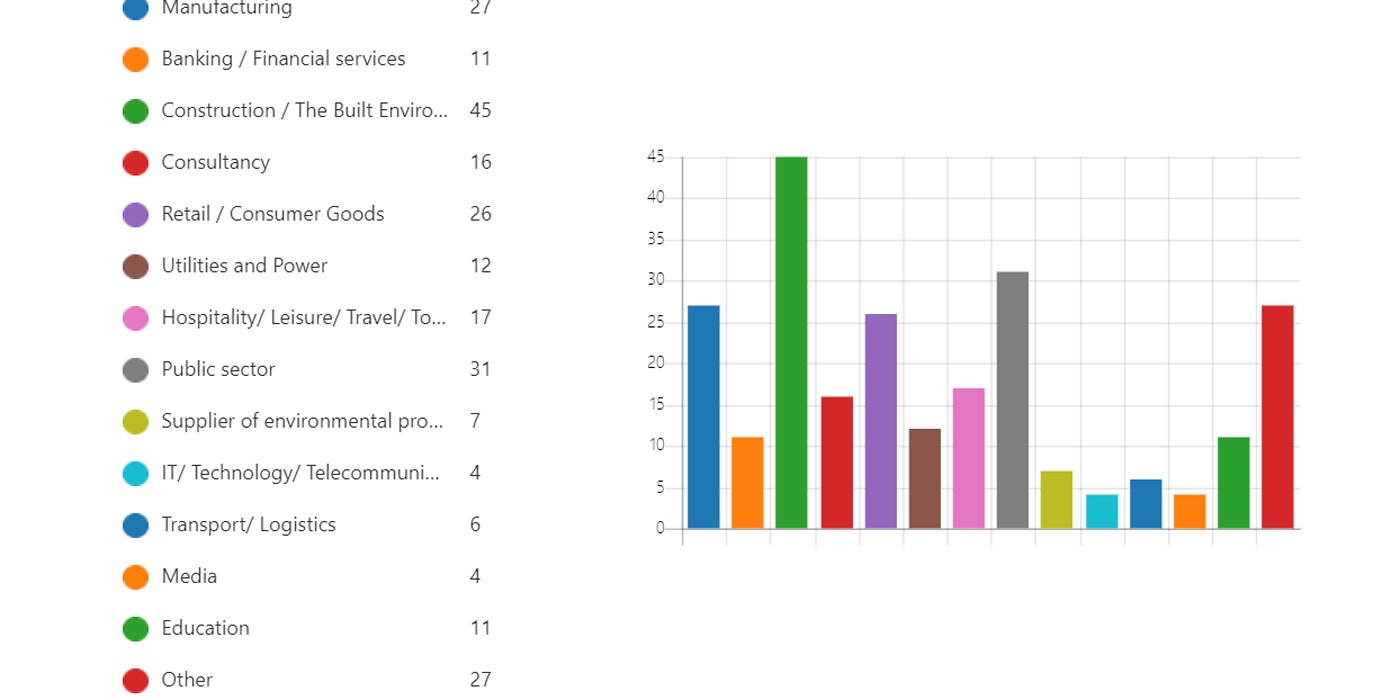
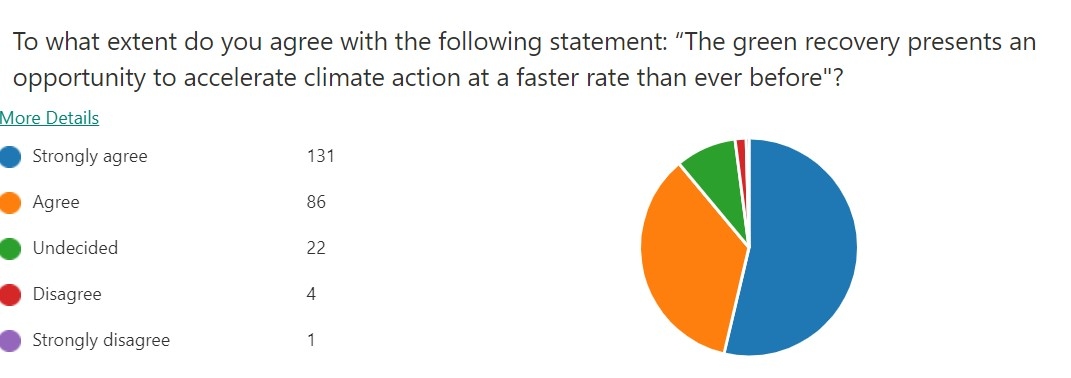
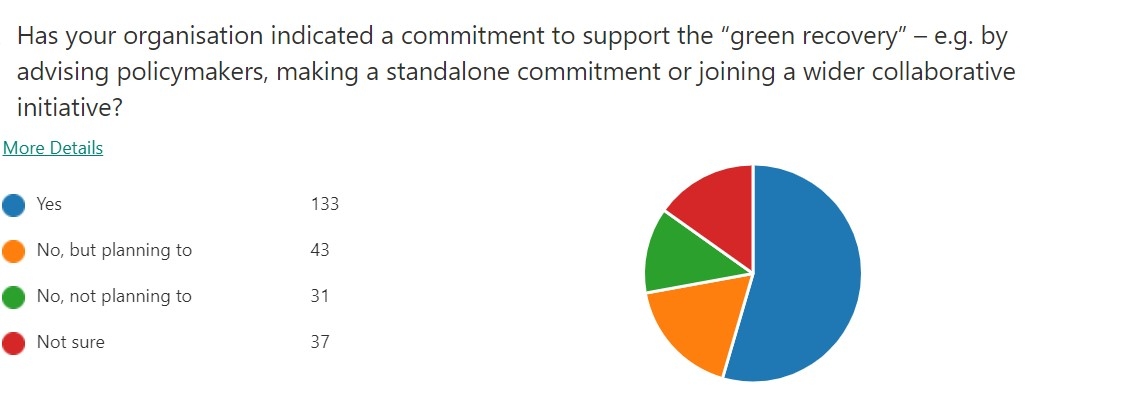
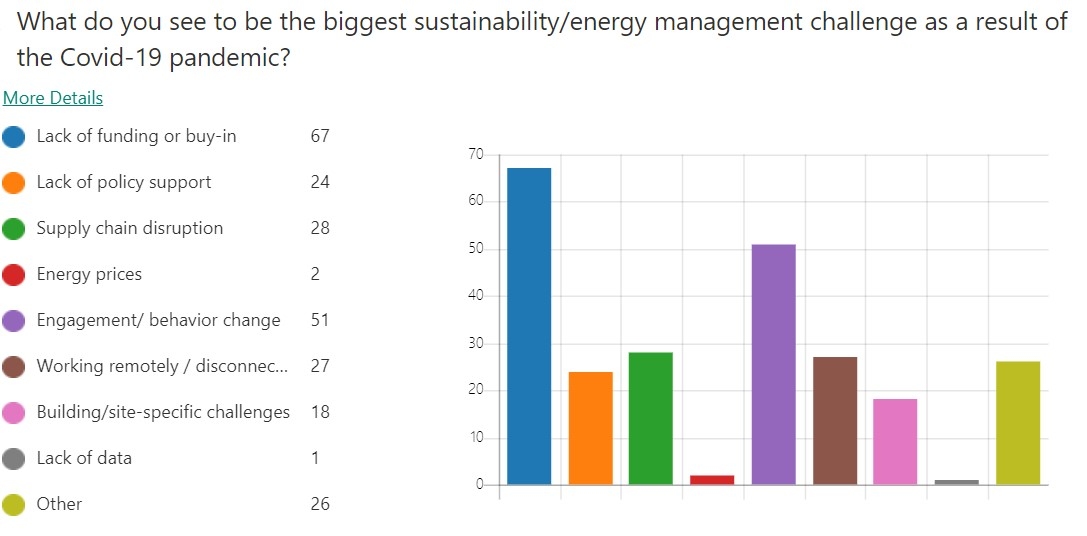
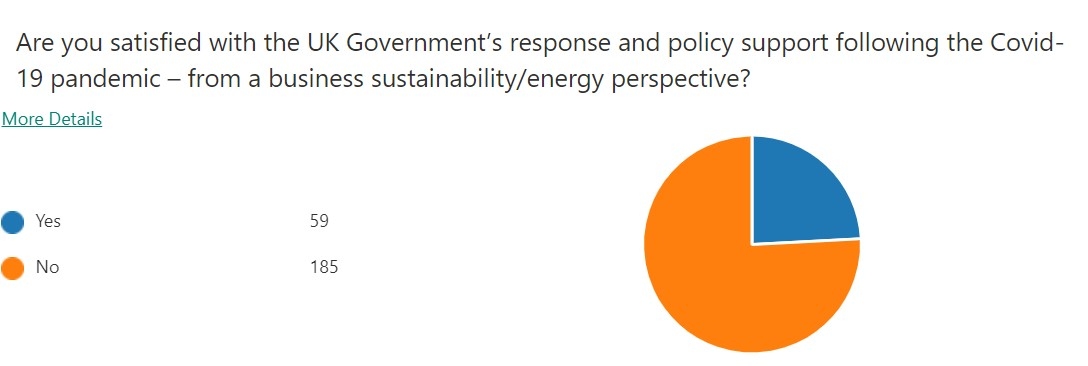
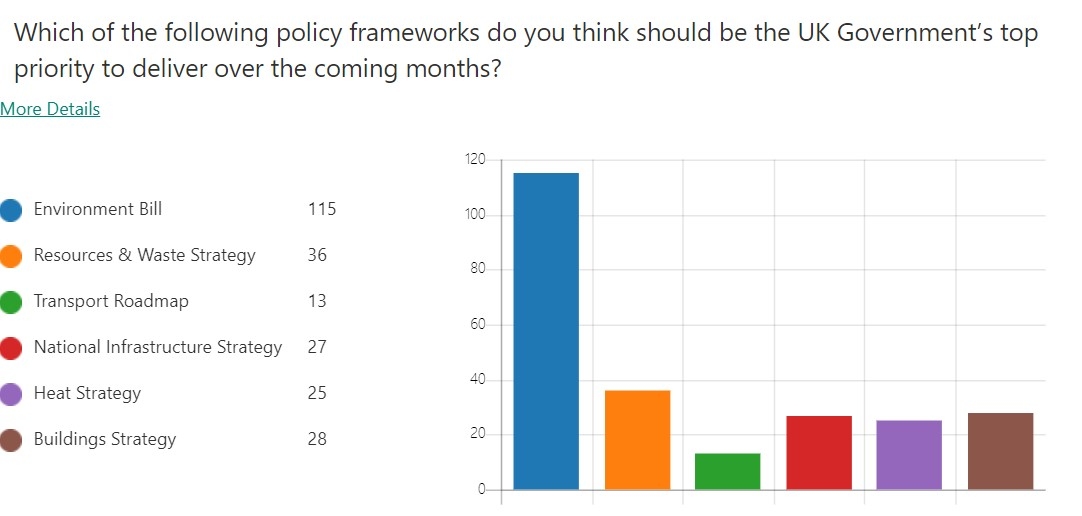

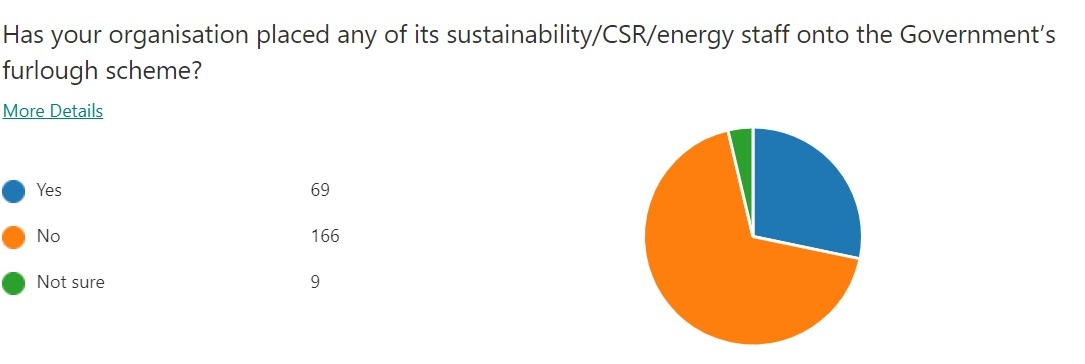
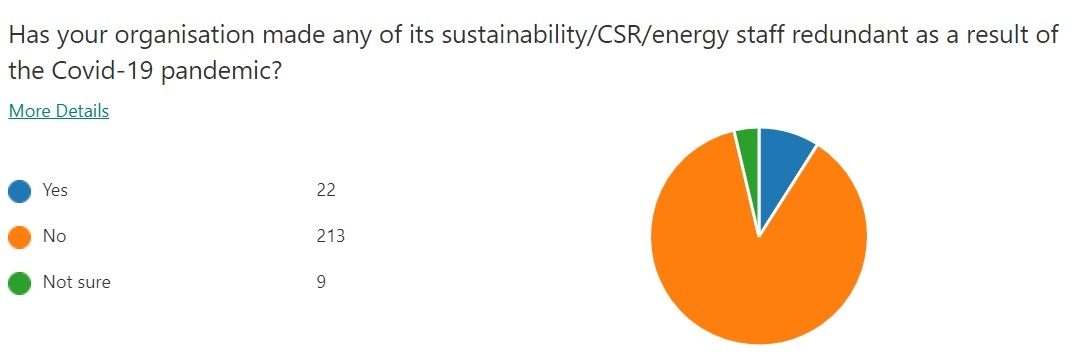


Please login or Register to leave a comment.